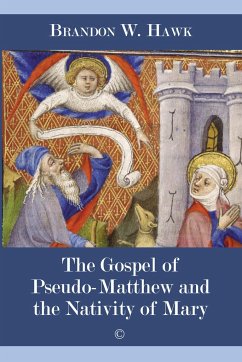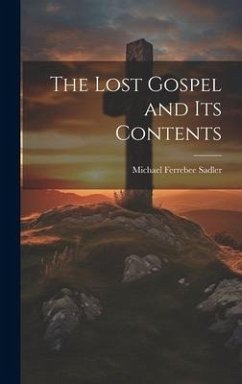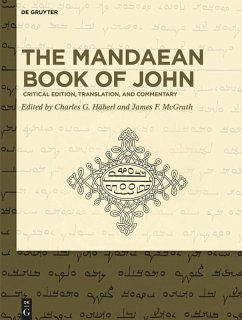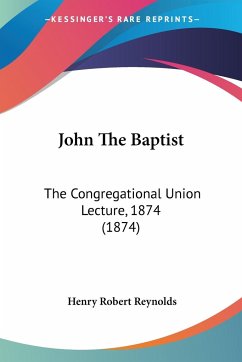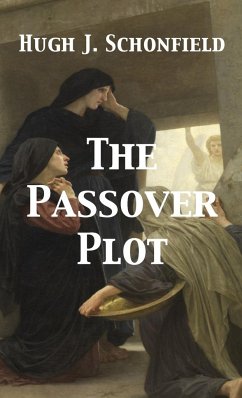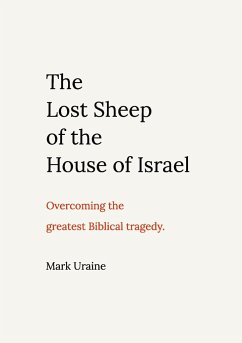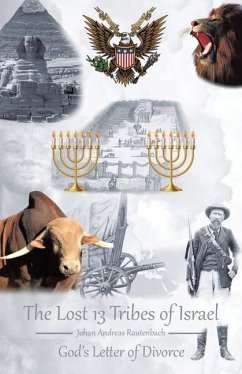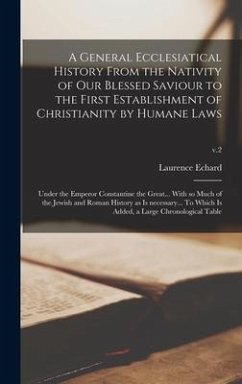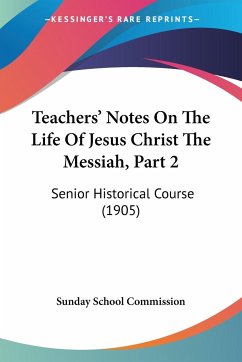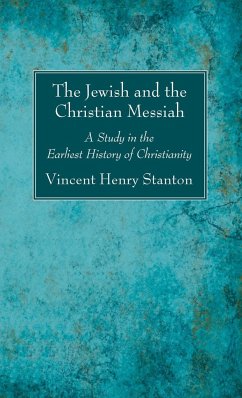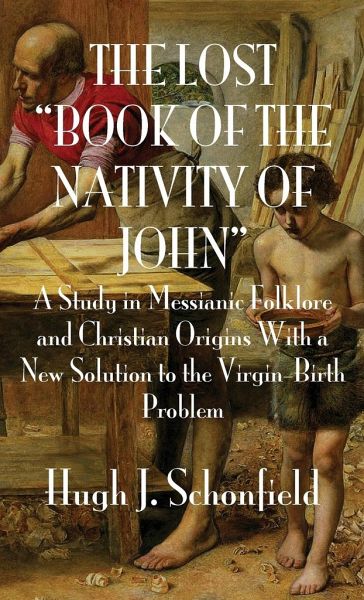
The Lost "Book of the Nativity of John"
A Study in Messianic Folklore and Christian Origins With a New Solution to the Virgin-Birth Problem
Versandkostenfrei!
Versandfertig in 1-2 Wochen
29,00 €
inkl. MwSt.

PAYBACK Punkte
0 °P sammeln!
Hitherto few scholars have treated John the Baptist as an independent personality, apart from the subordinate position accorded him in the Gospels of forerunner to Jesus. The policy of the Gospel writers, crystallized in the saying put into the mouth of the Baptist in the Fourth Gospel, "He must increase, but I must decrease," was consistently directed to utilizing this historic figure as the supreme witness to the Messiahship of Jesus, and then, his purpose served, to relegate him to the limbo of forgetfulness. Here and there, however, even in the Gospels, we catch a glimpse of a higher role ...
Hitherto few scholars have treated John the Baptist as an independent personality, apart from the subordinate position accorded him in the Gospels of forerunner to Jesus. The policy of the Gospel writers, crystallized in the saying put into the mouth of the Baptist in the Fourth Gospel, "He must increase, but I must decrease," was consistently directed to utilizing this historic figure as the supreme witness to the Messiahship of Jesus, and then, his purpose served, to relegate him to the limbo of forgetfulness. Here and there, however, even in the Gospels, we catch a glimpse of a higher role which many of his generation assigned to the Baptist:" The recently recovered witness of the Old Russian version of Josephus' Wars confirms the theocratic objective of the Baptist's ministry. "He came to the Jews and summoned them to freedom, saying: God hath sent me, that I may show you the way of the Law, wherein ye may free yourselves from many holders of power. And there will be no mortal ruling over you, only the Most High who hath sent me." This short introduction on the Baptist and his disciples will have served its purpose if it has drawn attention to the Messianic character of the life and teaching of John in the period of Jewish history which more than any other was full of Messianic expectation, and also to the undoubted fact that John was regarded as Messiah by a numerous following. The gnostic affinities of the Baptist sect in later times, and the various vicissitudes through which it passed, make it improbable that anything like a straightforward narrative of John's life (such as the Gospels provide of the life of Jesus) was ever composed, but there are evidences to show that there did once exist a book describing the marvellous birth of John in his character of Messiah, compiled by his disciples, which in parts paralleled the account of the birth of Jesus in the Gospels of Matthew and Luke. This book, which would antedate the Gospel Nativity narratives and may have helped to produce them, is still largely recoverable from different sources. In this book an attempt has been made to resurrect the lost Book of the Nativity of John, and to show how the legends contained in it, and in the Gospel narratives of the birth of Jesus, originated.





